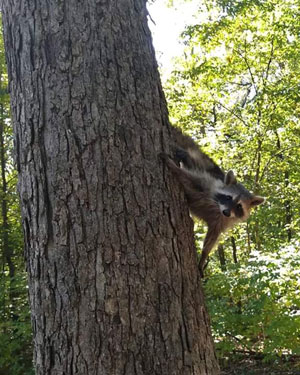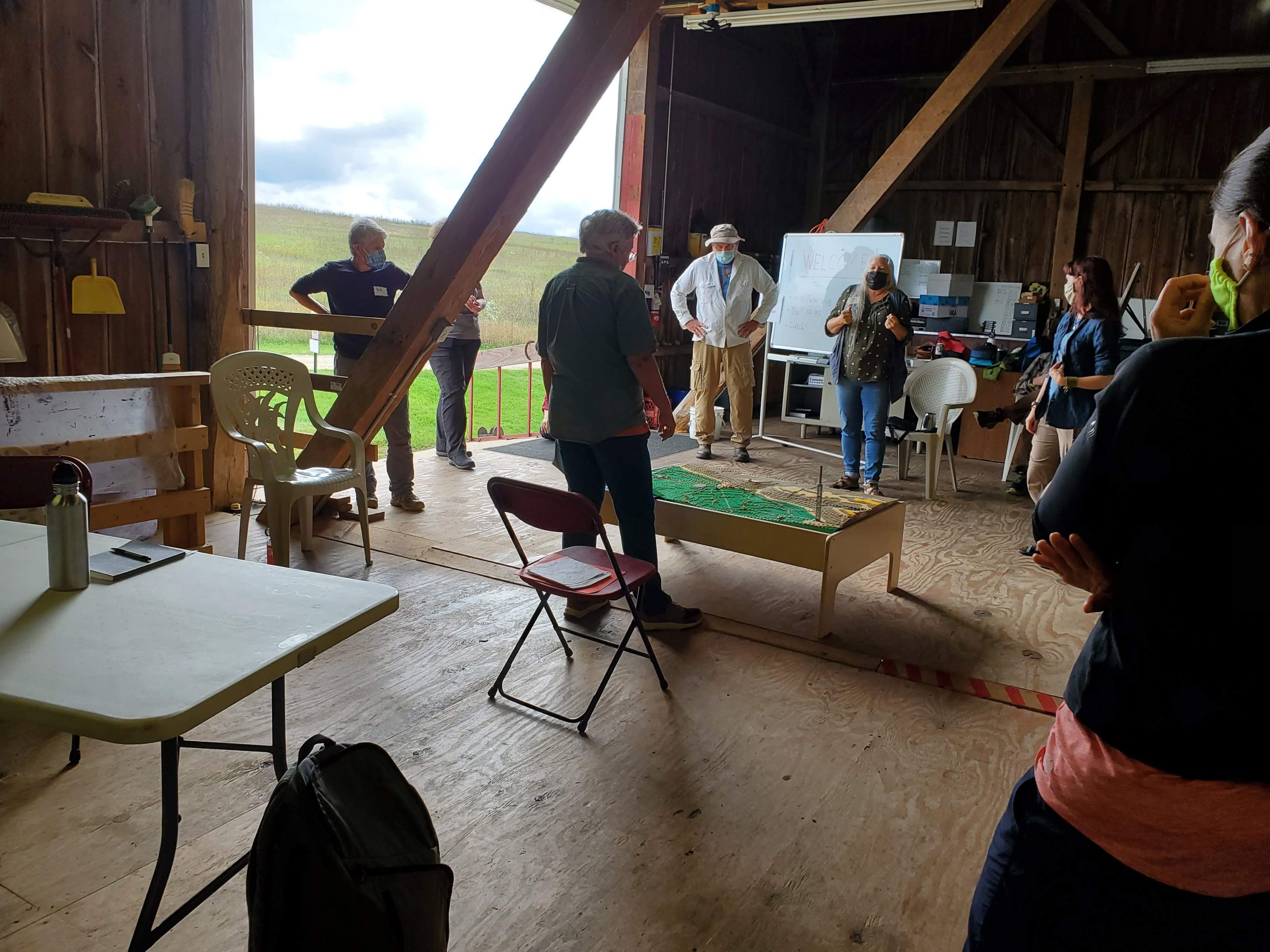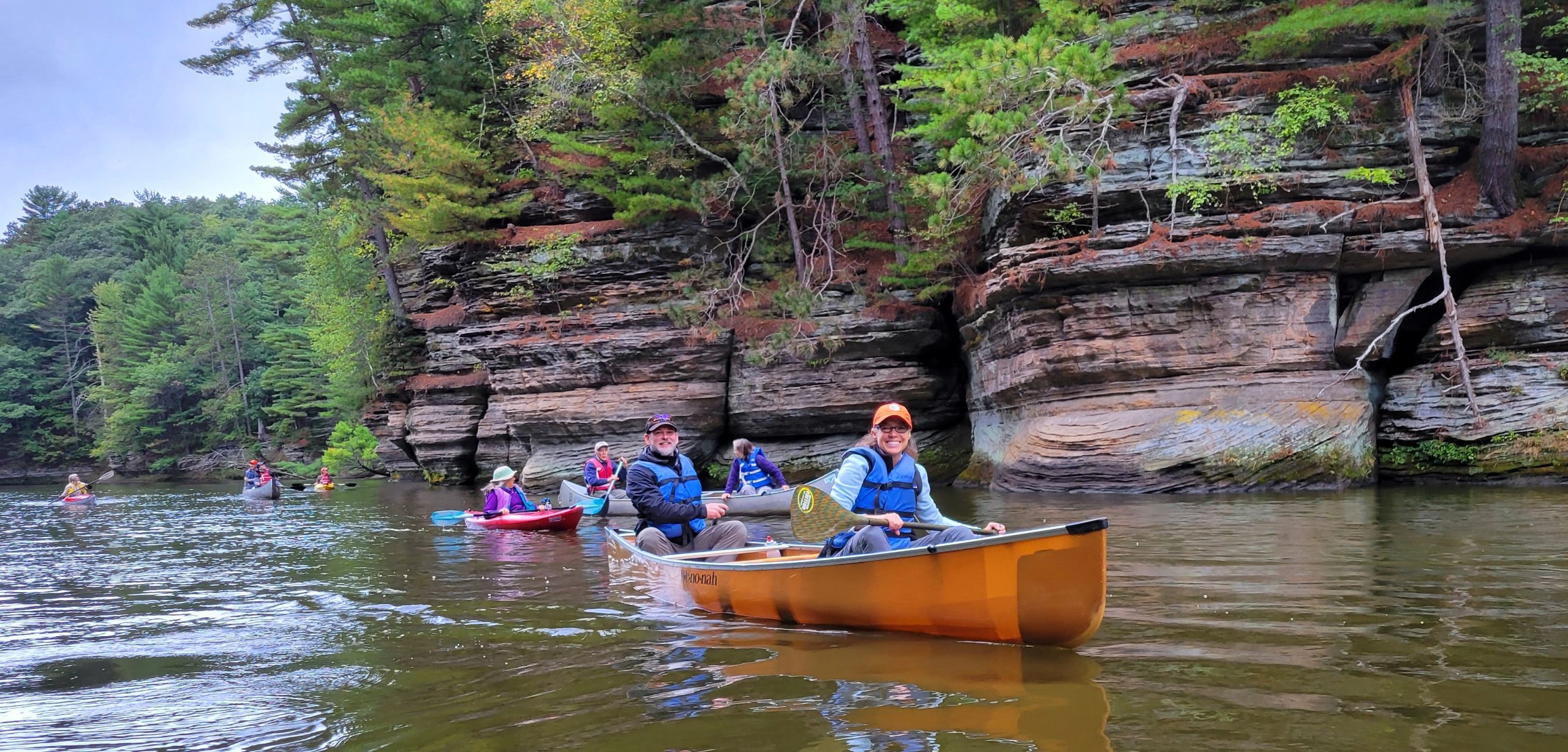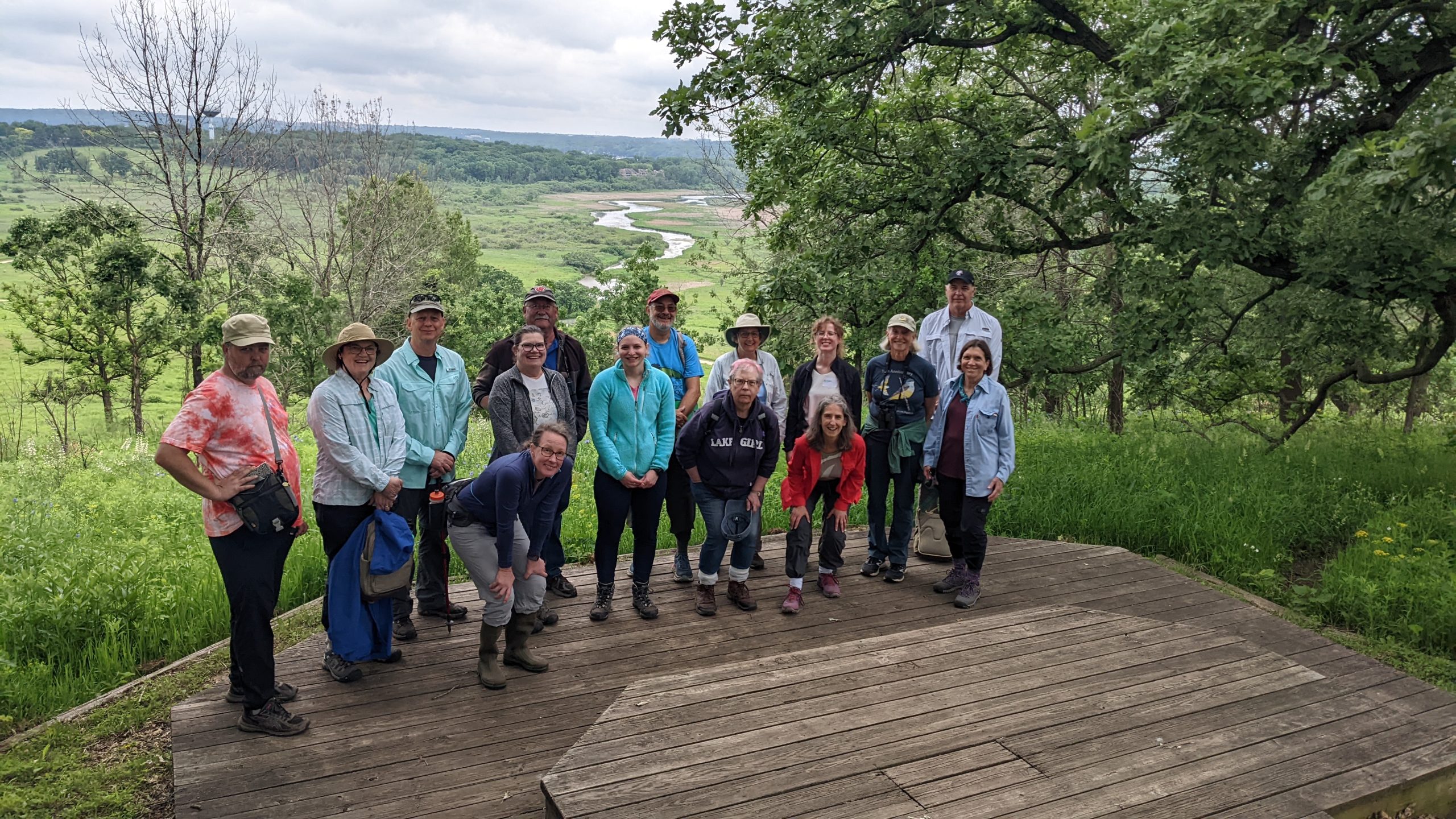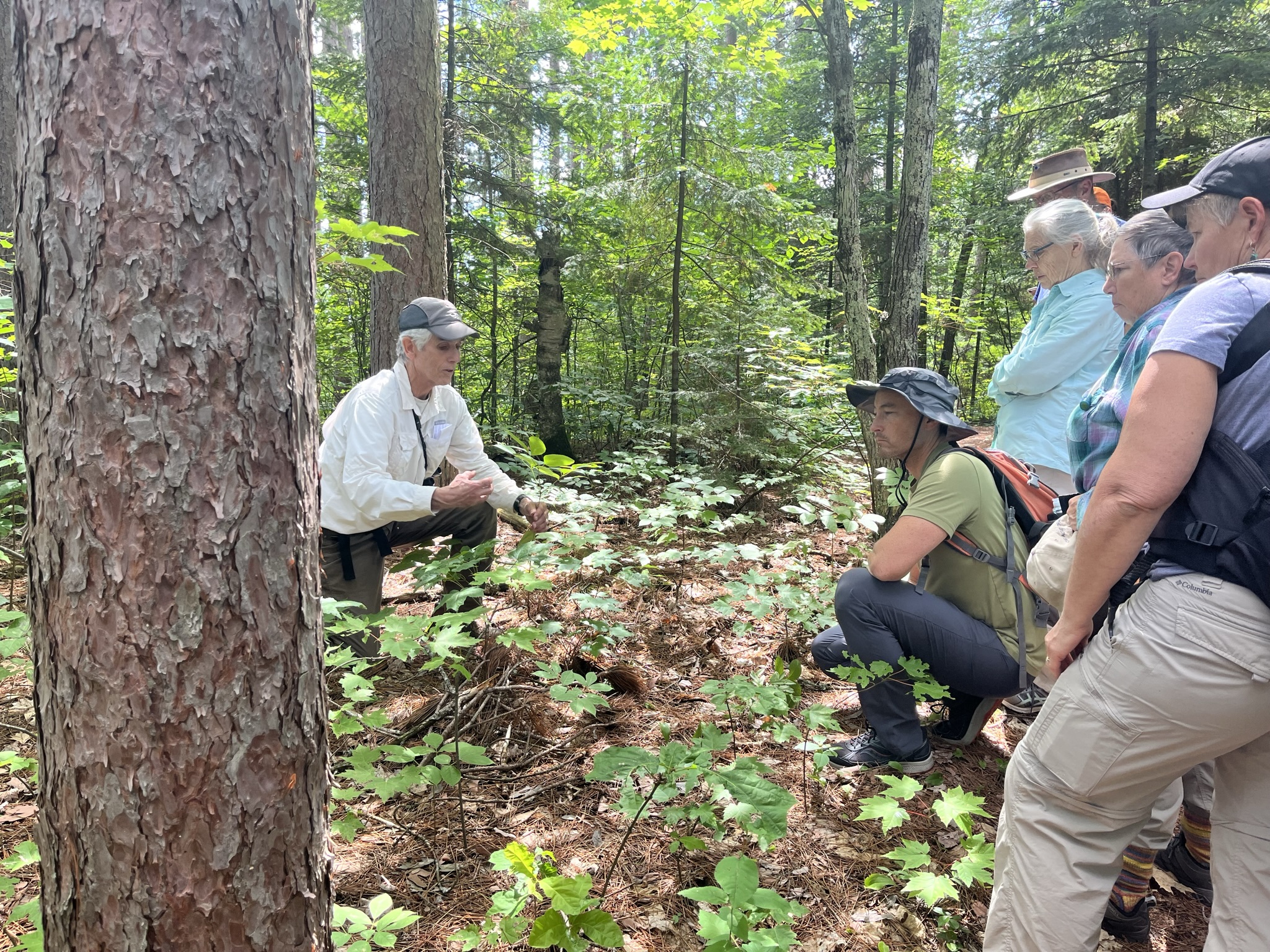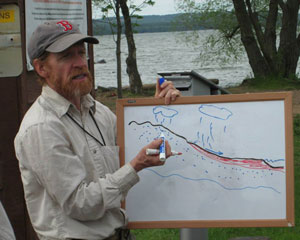The Ho-Chunk Nation Department of Natural Resources is hosting a Master Naturalist Training in 2023! For one Wednesday of the month (May-September and also November), a mix of indoor/outdoor learning activities will take place across the Ho-Chunk Nation in Hinųkwaseja (La Crosse), Teejopeja (Madison), Tošanąskaeja (White Otter)/ MąąWakącąkeja (Badger), Kickapoo Valley Reserve and Nįoxawanįeja (Black River Falls). Subject matter experts will infuse indigenous technical knowledge into the presentations and overall experiences during each training. Key concepts important to the Ho-Chunk Nation and caring for Mother Earth include weather and climate, ecology, wildlife, water quality, foraging, prairie habitat restoration and geology of the driftless area, as well as Ho-Chunk traditional culture and human connection. The Ho-Chunk Nation land base expands over three states and 10 thousand plus acres of land, so the diversity of this training will be a unique experience. Master Naturalists will gain knowledge about volunteerism applicable to stewardship and citizen science projects on Ho-Chunk and Wisconsin lands. A van will be available each morning for transport from Black River Falls to each location, others can meet us there. This training will require participants to be prepared for outdoor activities such as walking, hiking, and varied weather conditions.
The Wisconsin Master Naturalist program is a network of well-informed volunteers dedicated to conservation service, leadership, and lifelong learning. The Master Naturalist training provides 40 hours of education in a variety of natural history topics and Master Naturalist service areas. Through expert-led trainings, Master Naturalists are equipped to address challenges facing the state by making positive impacts through stewardship, citizen science, and educational activities. Trainings have an emphasis on outdoor field experiences with some classroom instruction and are taught by professional natural resources educators and scientists. Once trained, Wisconsin Master Naturalists record 40 hours of service and 8 hours of advanced training each year to maintain certification and receive a recognition pin.

